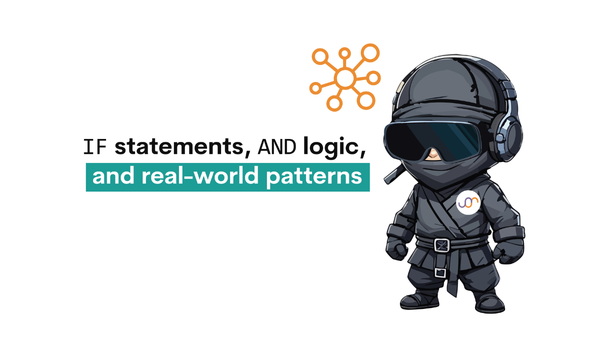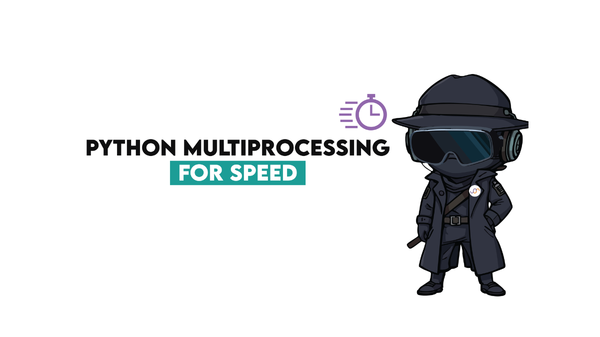How We Oversaturated the Data Science Job Market

 Written by:
Written by:Nathan Rosidi
You thought you’d develop ML models and earn serious money. Instead, you’re still looking for a data science job four years later. We’ll look at why it’s like that and what you can do.
Do you find it hard to find a data science job right now? I see many people complaining about the job market. Yeah, the job market is pretty shitty but who made it like that? Remember 2020?
You’re stuck at home scrolling through LinkedIn, and suddenly it hits you: data science is the future! High salaries. Remote work. Job security. It all sounds perfect, right?
So, you sign up for that $10 DataCamp subscription. You grind through YouTube tutorials. You spend hours memorizing how to fit and transform a dataset. Fast forward a year, and you’ve got a GitHub full of Titanic datasets and zero job offers. Who would’ve thought that you weren't the only one with the same idea?

The data science job market is now a hellscape, oversaturated with people who bought the hype, thinking that one online course would make them a data scientist and an expert who will earn six figures just like that. Right now, we're all competing for scraps.
The Bootcamp-to-Unemployment Pipeline
Many in the tech industry claimed that anyone can become a data scientist in just 6 months…scrap that, 3 months…no, scrap that, 1 month…no, scrap that, two weeks. Scrap, scrap, scrap. That’s all crap! And you believed it!
Bootcamps popped up like weeds, promising six-figure salaries with a certificate and a few projects. The result? Most candidates have generic credentials, thanks to programs like Coursera and DataCamp, and many lack practical job skills. “Oh, you completed Andrew Ang's course? You must be the one millionth person to do so this year!”
And let's be real, half of us couldn't explain the difference between mean and median without Googling it.
How We Killed the Job Market
Let's be honest: we are part of the problem. The barrier to entry into data science is absurdly low. All you need is a laptop and the ability to Google “what is data science?”. And because of that, we flooded the market.
Do you know what hiring managers see now? A sea of resumes that all look the same. Everyone has Python, pandas, and SQL listed. Everyone has a GitHub full of Kaggle competitions. Everyone’s “passionate about AI”. But, wait, what about your unique Titanic survival prediction model? Oh, the one that uses sns.pairplot() to visualize everything? Truly groundbreaking.
Here’s the hard truth: we're making ourselves unemployable. Companies don't want to hire someone who just knows how to use .describe() on a DataFrame. They want real experience, domain knowledge, and advanced skills. And let's not forget, companies are increasingly automating the work we were trained for.
The Brutal Reality of “Entry-Level” Jobs
Let's talk about the fantasy of an “entry-level” data science job. Newsflash! Those jobs don't exist. Here's the reality. Most “entry-level” data scientist roles require this.

Oh, and if you're lucky enough to get an interview, guess what? You'll be grilled on algorithms, data structures, and machine learning theory. Half of us can barely explain logistic regression without panicking, let alone solve a coding challenge.
The Fallout
So, what happens to the thousands who can't break into data science? They pivot. Some end up in data analyst roles, cleaning Excel sheets for $50K a year. Others give up and go back to their old jobs, now armed with a useless certificate in machine learning. The rest are grinding on Fiverr or Upwork, selling “data visualization services” for $10 a pop.
This isn’t the glamorous, six-figure career we were promised.
How to Fix This Mess (If That’s Even Possible)
Now, if you're still clinging to the data science dream, here's the brutal truth: you need to level up. No more cutting corners. No more thinking a bootcamp will save you.
What you need is this.

1. A specialized skill. Stop being a generalist. Learn MLOps, data engineering, or something niche like time-series forecasting.
2. Real projects. No more Titanic datasets or MNIST digit classifiers. Build something that solves a real-world problem.
3. Soft skills. Most of us can't communicate worth a damn in interviews. Learn how to explain your work without sounding like you're reading off Stack Overflow.
Also, let's be real. Some of you need to hear this: if you don't have a strong math or engineering background, maybe this isn't the career for you. And that's okay; pivot to something adjacent, like software development or business intelligence.
Conclusion
So, is data science dead? Not quite. But for the self-taught hopefuls, it is…deadish. The job market is oversaturated, and you're all fighting for the same dwindling pool of jobs.
If you're still in the game, good luck. And if you're out there selling $5 data visualizations on Fiverr or Upwork, I feel your pain.
Share


